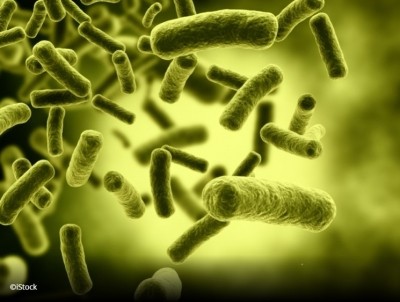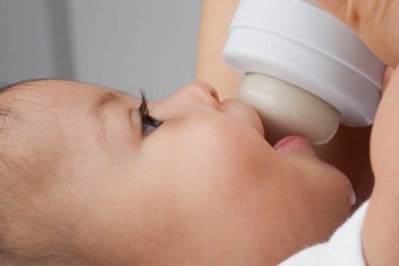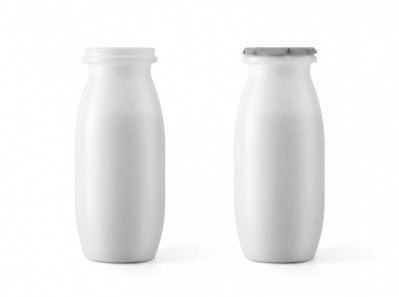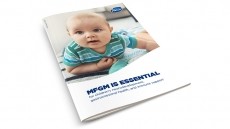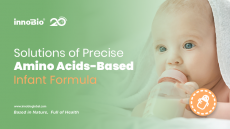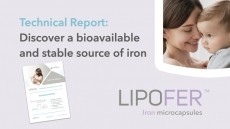Antimicrobial breast milk compound potency makes strong case for infant formula addition

The findings give strong indications as to GML’s inclusion to cow's milk and infant formula as US researchers also point to the compound’s relatively cheap manufacturing costs.
"Our findings demonstrate that high levels of GML are unique to human breast milk and strongly inhibit growth of pathogenic bacteria," says Donald Leung, senior study author and professor of paediatrics at National Jewish Health.
“While antibiotics can fight bacterial infections in infants, they kill the beneficial bacteria along with the pathogenic ones," adds Patrick Schlievert, fellow team member and professor of microbiology and immunology at the University of Iowa Carver College of Medicine.
"GML is much more selective, fighting only the pathogenic bacteria while allowing beneficial species to thrive. We think GML holds great promise as a potential additive to cows' milk and infant formula that could promote the health of babies around the world."
GML efficacy
Previous studies identify glycerol monolaurate (GML) as a compound with broad antimicrobial and anti-inflammatory properties.
Human milk contains approximately 3000 micrograms per millilitre (µg/ml) of GML, compared to 150 μg/ml in bovine milk and none in infant formula.
One study identifies a possible mechanism of action of GML that involves the interference of plasma membrane functions, resulting in loss of potential difference across the membrane.
Further studies highlight GML’s ability to interfere with normal signal transduction in epithelial cells and locally-recruited immune cells through membrane effects, but does not kill the host cells in vivo.
Results gathered by the research team showed that human breast milk interrupts the development of harmful bacteria that includes Staphylococcus aureus, Bacillus subtilis and Clostridium perfringens.
This contrasts with the properties of cows' milk and infant formula, which demonstrated neither of these observations.
Human milk demonstrated additional benefits including a role in encouraging the growth of the advantageous bacteria Enterococcus faecilis.
Next, the team took out the GML from human breast milk resulting in a loss of antimicrobial activity against S. aureus. To confirm its potency the researchers added GML to cows' milk, where it demonstrated antimicrobial activity.
Further work on the compound found that it interfered with damaging inflammation in the epithelial cells, which line the gut and other mucosal surfaces.
This inflammation can add to the likelihood of contracting a bacterial and viral infection.
Immune system development
“We show that whole human milk samples are anti-inflammatory as tested with IL-8 production, whereas ethanol-extracted human milk and whole bovine milk samples are not,” the team writes.
“While the significance of this is incompletely known, the data are consistent with slowing but not stopping development of harmful pathogen responses so long as babies are breast-fed.”
“It is recognised that intestinal microbiome organisms are essential for immune system development. However, over-reactivity may lead to harmful effects, such as asthma and atopic dermatitis.”
Drs Schlievert and Leung have now applied for a patent for the use of GML as a beneficial additive to cows' milk and infant formula.
Source: Scientific Reports
Published online: DOI: 10.1038/s41598-019-51130-y
“Glycerol Monolaurate Contributes to the Antimicrobial and Anti-inflammatory Activity of Human Milk.”
Authors: Patrick Schlievert et al.
